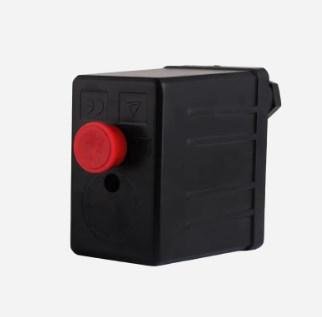A Float Switch Factory specializes in producing devices that monitor and control liquid levels in tanks, reservoirs, and other containers. These switches are critical in preventing overflows, dry runs, and equipment damage across various industries, including water treatment, chemical processing, and industrial automation. The quality, durability, and precision of float switches are key factors in ensuring reliable operation and maintaining safety in both commercial and industrial applications.
Importance of Reliability in Liquid Level Control
Float switches operate in environments that can be challenging due to fluctuating liquid levels, chemical exposure, or temperature variations. A reliable switch must respond accurately to changes in liquid height to trigger pumps, alarms, or valves. Poor-quality switches may fail to detect levels correctly, leading to costly damage or safety hazards. Factories producing these devices prioritize design and material selection to ensure consistent performance under diverse conditions.
Design and Material Considerations
Durable float switches are typically constructed using corrosion-resistant materials such as stainless steel, plastics, or specialized coatings. The float mechanism, electrical contacts, and housing must be engineered to withstand continuous exposure to liquids while maintaining electrical insulation. Proper sealing prevents leaks and protects the internal components from contamination, ensuring long-term operation and reducing maintenance needs.
Testing and Quality Assurance
Float switch factories implement rigorous testing to validate product performance. Devices undergo functional testing for activation points, electrical load handling, and mechanical endurance. Environmental tests simulate exposure to water, chemicals, and temperature fluctuations to ensure reliability. These quality control measures guarantee that each switch meets stringent standards, giving users confidence in consistent performance over time.
Technological Integration and Advancements
Modern float switches often include enhanced features such as adjustable activation points, integrated sensors, and compatibility with automated control systems. Factories incorporating these technologies focus on precision manufacturing and assembly to ensure accurate readings and reliable triggering. Automation and computer-assisted testing improve consistency across production batches, ensuring uniform quality for all units.
Industrial and Economic Benefits
Investing in high-quality float switches reduces operational risks, prevents equipment damage, and minimizes downtime. Automated level control improves process efficiency, saving energy and resources while enhancing overall productivity. For manufacturers, producing reliable switches strengthens market reputation and customer trust, highlighting the importance of quality engineering and robust production methods.
The production of float switches requires meticulous attention to design, materials, and testing to ensure consistent reliability and safety. A well-managed Float Switch Factory produces devices capable of performing accurately in demanding environments, providing essential protection and efficiency in liquid handling systems. For industries that depend on precise level monitoring, selecting switches from a trusted factory ensures dependable operation and long-term cost savings.

